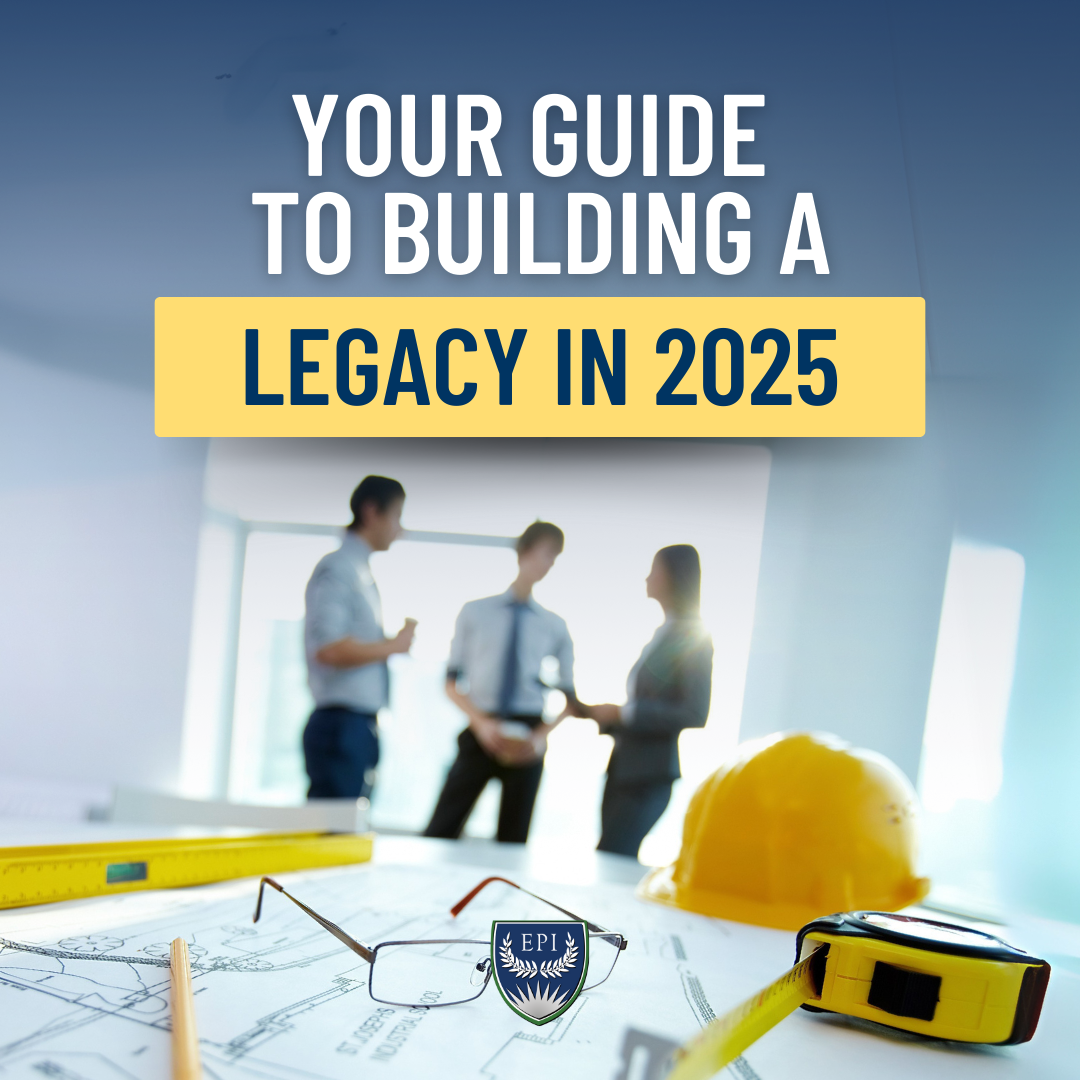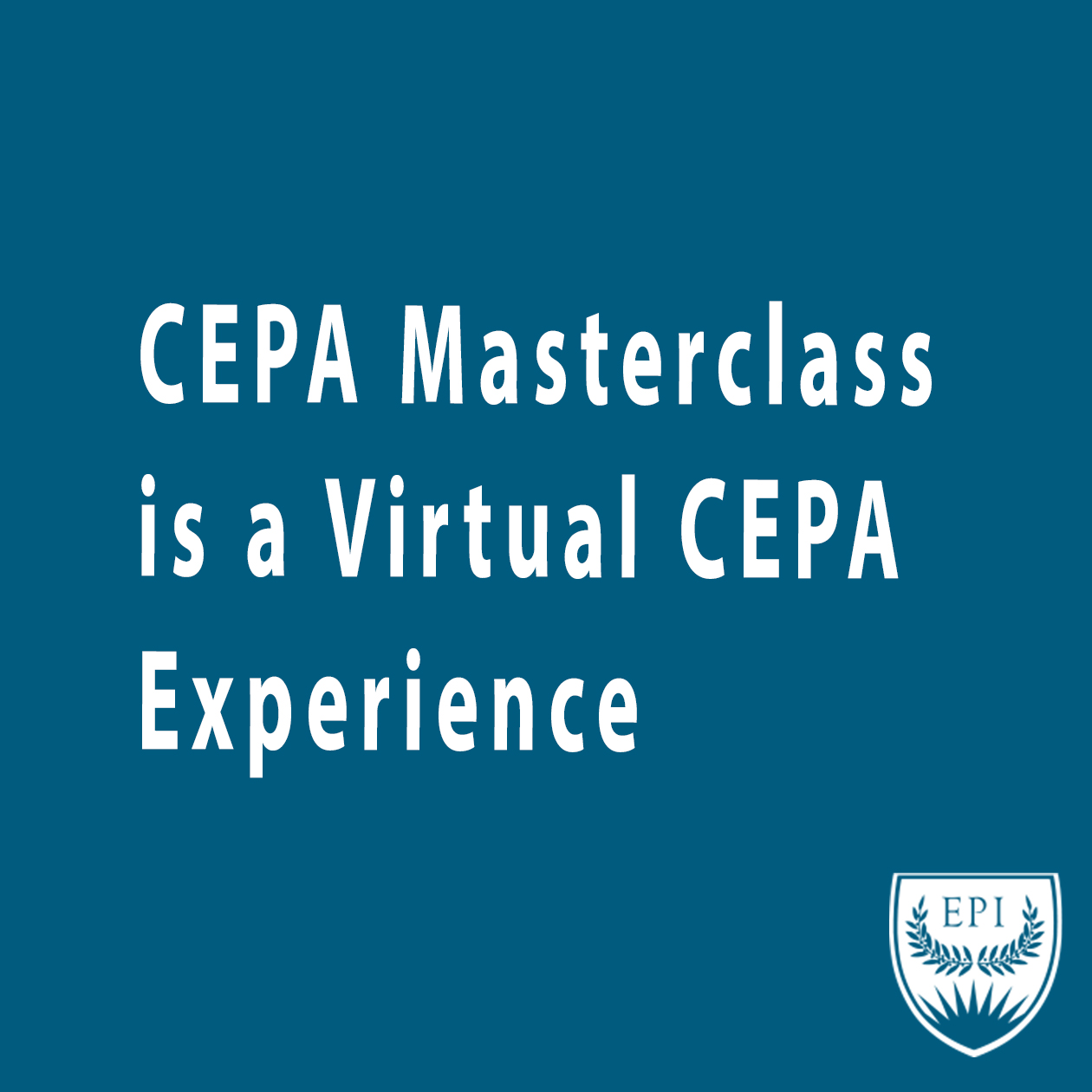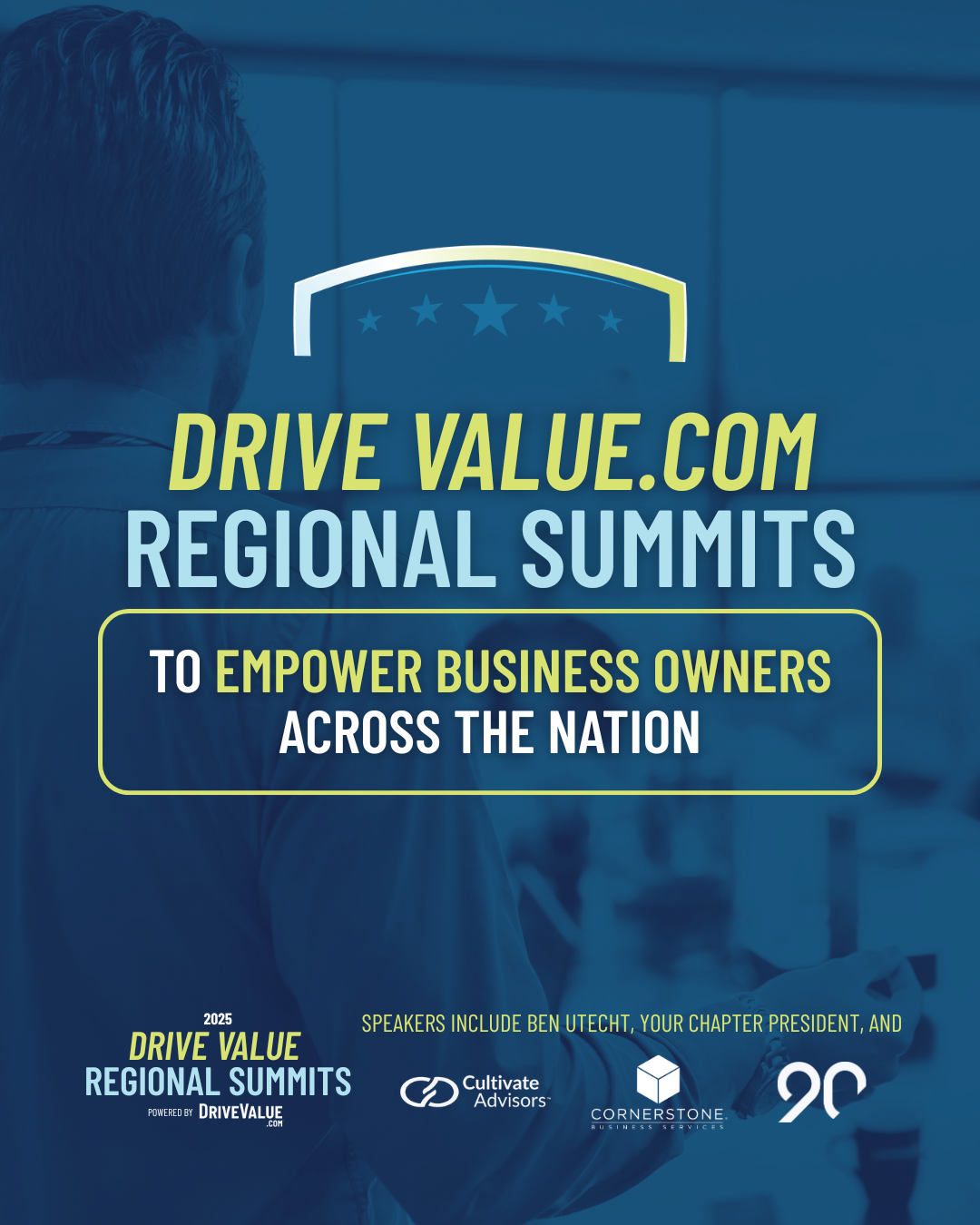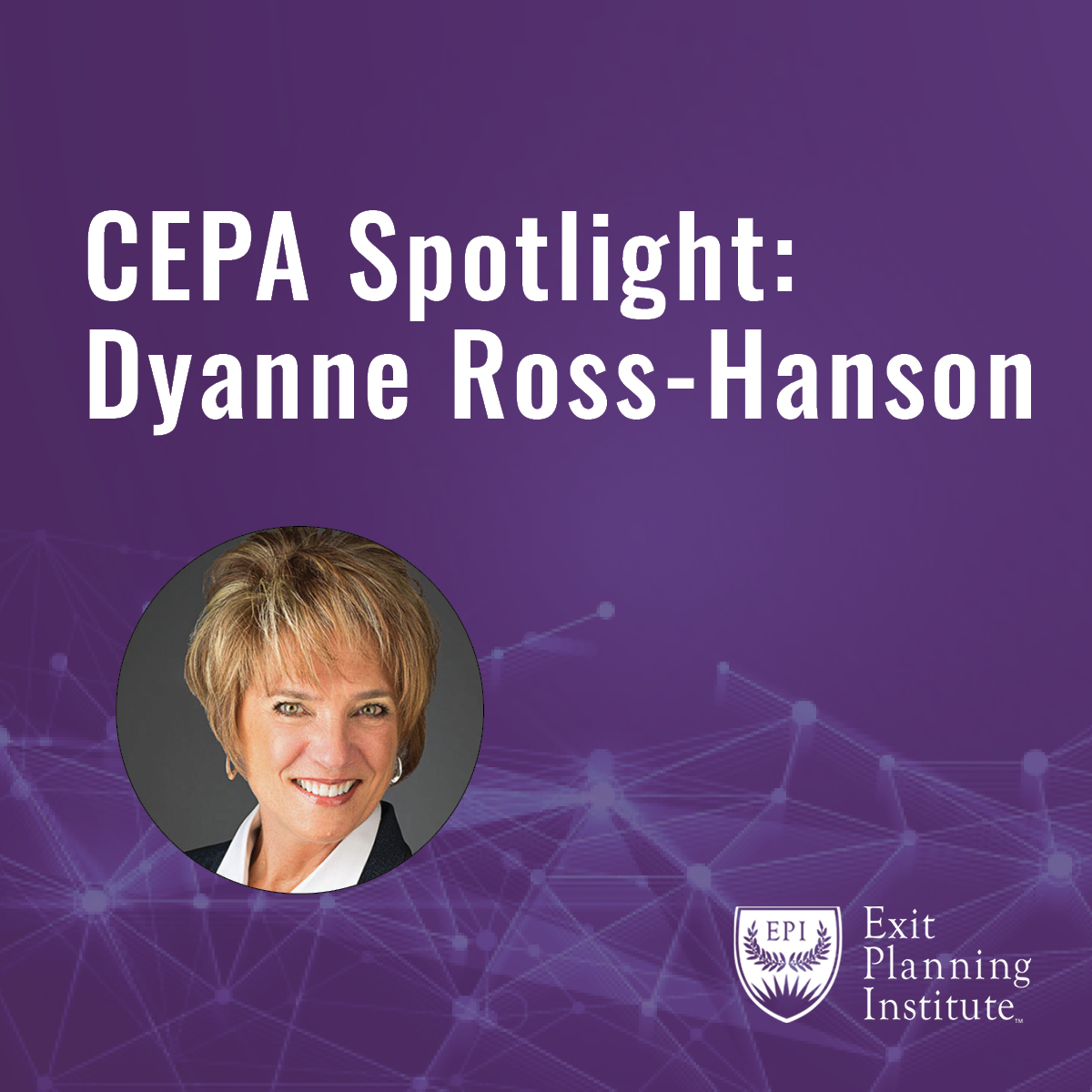
THE EXIT PLANNING BLOG
Keep up-to-date with exit planning, succession planning, industry trends, unique specialty insights, and useful content for professional advisors and business owners.
Share this
Your Guide to Building a Legacy in 2025
by Kellie Nock on April 10, 2025

What is the Legacy of the Business?
Business owners are confronted with unique challenges and questions every day, but one question that might be always lurking at the back of mind is about legacy. What is the legacy of the business? What is the business beyond the owner, beyond today, or beyond the next 10 years?
Building a business legacy for owners starts when they shift from being a successful business to a significant business. The business legacy doesn’t just focus on financials or numbers, but rather recognizes the Three Legs of the Stool™ which are business, financial, and personal. Considering the business in a holistic sense, makes it easier to work toward creating a personal, community, and business legacy.
Also the key to knowing where the business is going and how to match its vision to its goals is understanding what the company’s mission and values are. For the owner, having a vision of what they want to be remembered for can be a direct guide for when they’re making decisions. Consider outlining a concise and direct mission statement in a place that is easy to find for employees, owners, partners, and every other interested party. This not only demonstrates the actual importance of the mission but also demonstrates that leadership wants that mission to be heard loud and clear.
Strategic Business Goals
Legacy-minded business owners implement strategic business goals to hone in and maintain focus on what they want to achieve whether on a smaller daily, weekly, monthly scale, or on a larger five- to 10-year scale. The question is, how do the CEPA® and the owner work together to build out these goals in a tangible, measurable way?
This is where the Value Acceleration Methodology™ fits in. The Value Acceleration Methodology gives a CEPA the framework to ask the right questions for owners, containing three stages of the journey - Discover, Prepare, and Decide - that house the steps necessary to align growth to achieve strategic goals.
- In the Discover gate, owners and their advisory team take the time to sit down and evaluate the business, calculating financials, business attractiveness and readiness, and the Value Gap. These assessments provide the CEPA with all the necessary context to move into the next phase of the Discover gate, which is where the action plan is crafted. This plan informs the owner on which actions to execute to build value, based on which conclusions they reached during the assessment portion.
- After the action plan is crafted, the Prepare gate opens and the advisory board begins to implement 90-day sprints to reassess personal as well as business goals during this time. Workshops help maintain focus until the final gate opens.
- The Decide gate implores the owner, the CEPA, and the rest of the advisory board to ask the question based on the value they have created during this time—should they continue to grow the business or exit?
Personal Legacy
The business owner’s personal legacy is likely something they are considering more if they have been considering an exit or even growth. Big life changes can coincide with introspection and with questions about the future, it’s only natural that personal legacy might be at the top of the mind.
At this time, the CEPA and the owner can connect with one another to talk through this.
- What are the owner’s goals?
- How does the owner want to be remembered?
- How do they want their business to be remembered?
- What kind of meaningful relationships has the business owner cultivated during this time?
Something for the owner to consider at this time is how effectively they’ve measured their four intangible capitals—human capital, structural capital, customer capital, and social capital. These intangible elements can provide vital insight into what kind of culture that the business owner has helped build and how they might be remembered as the leader.
This time might also be a good opportunity to talk through certain exit options, especially generational ones. If the owner expresses interest or desire for their child or family member to take their place, this can be a time to have a deeper family discussion. Does the child or family member have any interest in taking over the business? The idea of personal legacy can feel abstract, but with the connection between the owner and the CEPA as well as the context gathered during the Value Acceleration Model, we can create a clear guide.
Community Impact
A final legacy to consider is the community impact of the business. The owner should be considering what, if any, role their business had in their community. Did they want to have a role in the community? If so, how can they ensure this vision is communicated clearly during the exit process?
If the business has a philanthropic element, this question will be especially relevant for the owner. Again, what is most important is to have that open communication with the owner, the advisory board, and the CEPA, so the company’s mission is well-aligned with the value they have created during the Value Acceleration process. A strong culture in the business can also be an indicator of what kind of impact it may have in the community, so an evaluation of those intangible 4Cs is especially vital when considering this aspect of legacy.
A business owner’s legacy can manifest in many forms depending on who they are, how they operate, and what their goals are. Building up that legacy is dependent on the relationships they have built with their partners, their employees, their peers, their family, and the CEPA.
Related Resources:
- Fitting the Puzzle Pieces Together
- The Business Owner Guide for Growing Your Legacy
- The Cha Cha of Succession
- Shift to Significance with DriveValue.com
Share this
- Blog (547)
- CEPA (429)
- exit planning (249)
- CEPA community (188)
- Business Owner (173)
- Exit Planning Summit (99)
- EPI Chapter Network (89)
- Value Acceleration Methodology (81)
- Exit Planning Partner Network (76)
- EPI Announcement (50)
- Content (48)
- Webinars (37)
- Excellence in Exit Planning Awards (34)
- Marketing (30)
- 2024 Exit Planning Summit (28)
- 5 Stages of Value Maturity (26)
- Books (24)
- EPI Academy (24)
- EPI Team (22)
- Exit Planning Teams (22)
- Leadership (21)
- 2023 Exit Planning Summit (20)
- family business (20)
- women in business (19)
- Intangible Capital (18)
- Exit Options (17)
- Black Friday (16)
- CPA (15)
- Walking to Destiny (15)
- Chapters (14)
- State of Owner Readiness (14)
- Chris Snider (12)
- National Accounts (12)
- Small business (12)
- charitable intent (12)
- personal planning (12)
- Financial Advisors (11)
- Season of Deals (9)
- 5 Ds (8)
- About us (8)
- Podcast (8)
- Scott Snider (8)
- Insiders Bash (7)
- Christmas (6)
- Exit Planning Content Library (6)
- Case Studies (5)
- Owner Roundtables (5)
- Three Legs of the Stool (5)
- Value Advisors (5)
- financial planning (5)
- Awards (4)
- Circle of Excellence (4)
- EPI Thought Leadership Council (4)
- Exit & Succession (4)
- Five Ds (4)
- executive training (4)
- Owners Forum (3)
- author (3)
- forbes (3)
- DriveValue (2)
- Exit Is Now Podcast (2)
- Peter Christman (2)
- Veteran (2)
- Whitepapers (2)
- Annual Exit (1)
- Business Owners Forum (1)
- SOOR (1)
- business consultants (1)






